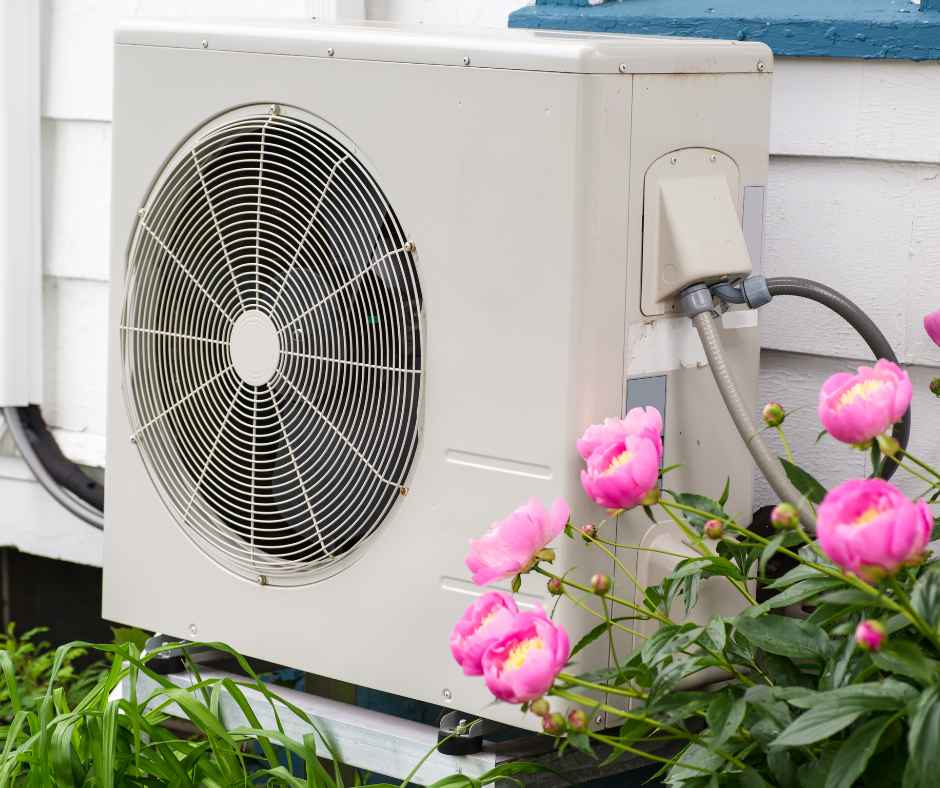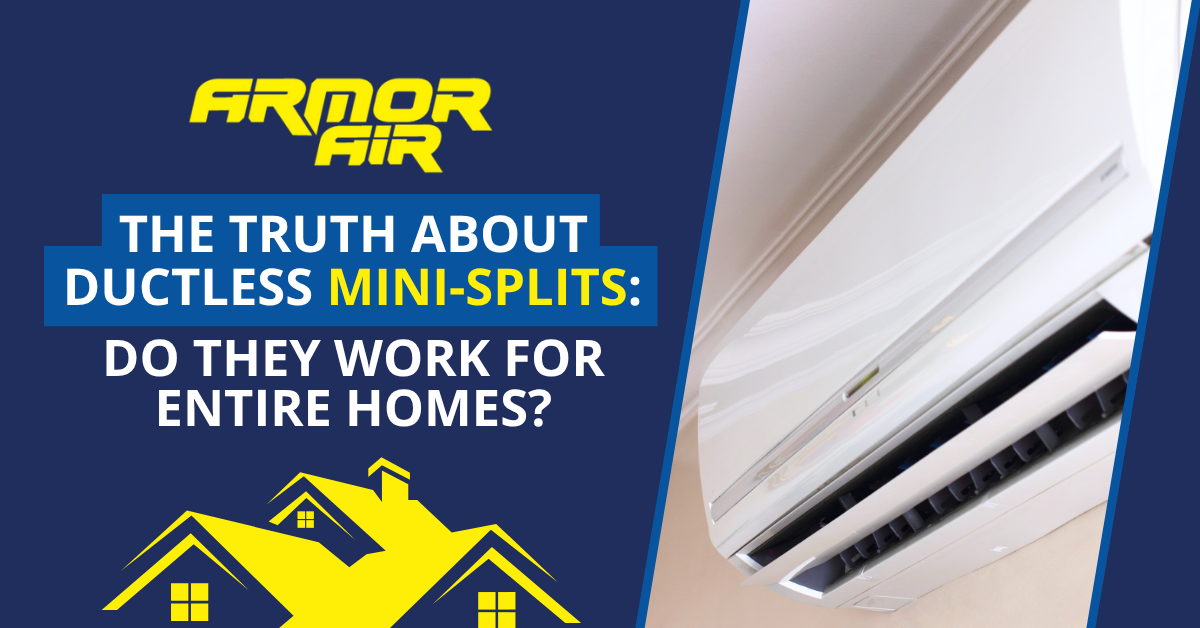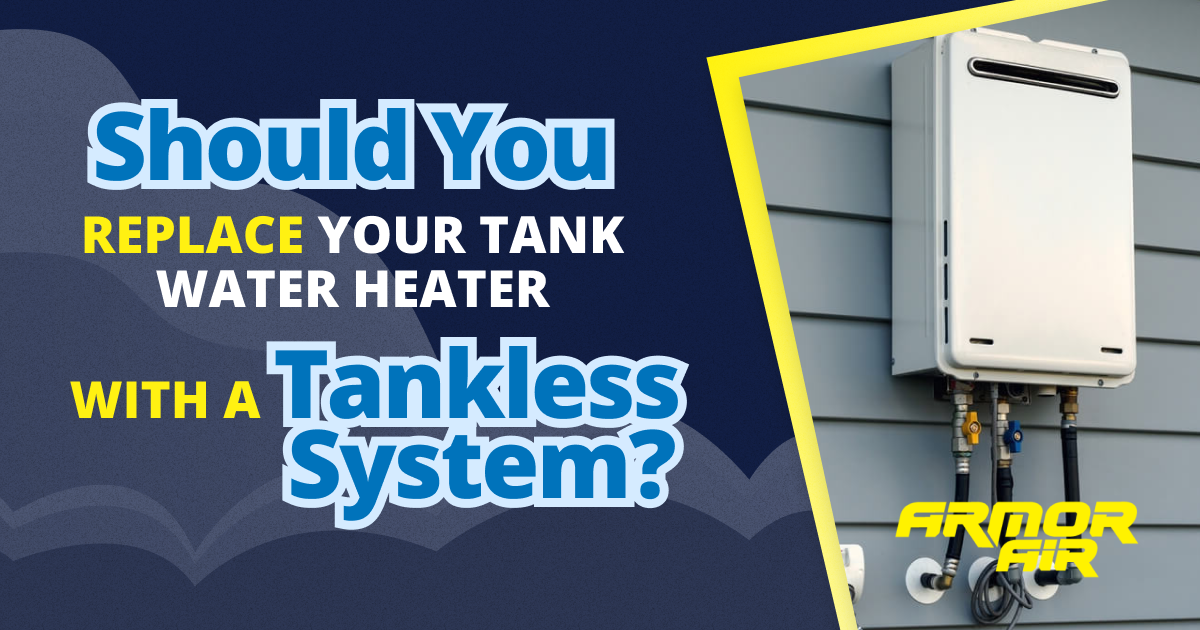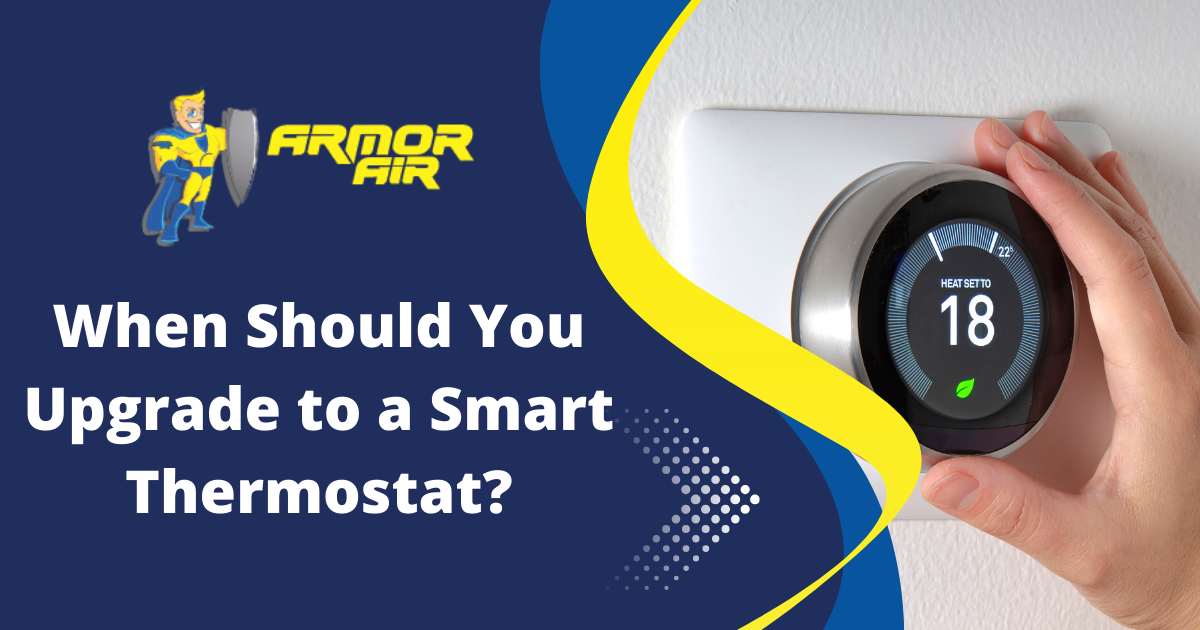Closed: Sun for God + Family time

What Is A SEER Rating?
When shopping for a new air conditioning system, you’ve likely encountered the term SEER rating. But what is a SEER rating, and why is it important? SEER stands for Seasonal Energy Efficiency Ratio, and it is a crucial factor to consider when evaluating the efficiency and cost-effectiveness of an air conditioner. In this blog post, we’ll explore what a SEER rating is, what constitutes a good SEER rating, and how a high SEER rating can benefit you and your home.
Understanding SEER Ratings
The SEER rating measures the cooling output of an air conditioner over a typical cooling season divided by the energy it consumes in watt-hours. Essentially, it tells you how efficiently an air conditioning system operates. The higher the SEER rating, the more efficient the unit is at converting electricity into cooling power.
What Is a Good SEER Rating?
So, what is a good SEER rating? The answer depends on several factors, including your climate, energy costs, and personal preferences. However, there are general guidelines you can follow:
- Minimum SEER Rating: In the United States, the minimum SEER rating for new air conditioning units is 13 or 14, depending on the region. This is the baseline for energy efficiency and represents the minimum standard for newly manufactured units.
- Good SEER Rating: A SEER rating between 15 and 20 is considered good. Units within this range provide a balance of energy efficiency and cost savings. They are well-suited for most homes and climates.
- High SEER Rating: A SEER rating above 20 is considered very high and indicates exceptional energy efficiency. These units are typically more expensive upfront but can offer significant savings on energy bills over time.
Factors Influencing SEER Ratings
Several factors can influence the SEER rating of an air conditioning system:
Technology
Modern air conditioners with advanced technologies, such as variable-speed compressors and smart thermostats, tend to have higher SEER ratings. These features allow the system to adjust its output based on the cooling demand, improving efficiency.
Size and Capacity
The size and capacity of the air conditioning unit also play a role. Properly sizing the unit for your home ensures it operates efficiently. An oversized or undersized unit can lead to inefficiencies and increased energy consumption.
Maintenance
Regular maintenance, such as cleaning coils and replacing filters, can help maintain the efficiency of your air conditioner. A well-maintained unit will perform better and maintain its SEER rating over time.
Installation Quality
Proper installation is crucial for achieving the expected SEER rating. Poor installation can lead to leaks, improper airflow, and reduced efficiency. Always hire a qualified professional for installation.
Benefits of a High SEER Rating
Investing in an air conditioner with a high SEER rating can offer several benefits:
- Lower Energy Bills: A high SEER rating means the unit uses less energy to cool your home, resulting in lower energy bills. Over time, the savings on your utility bills can offset the initial higher cost of the unit.
- Environmental Impact: Higher efficiency units consume less electricity, reducing the demand on power plants and lowering greenhouse gas emissions. Choosing a high SEER rating unit is an environmentally responsible decision.
- Enhanced Comfort: High SEER units often come with advanced features that improve overall comfort, such as better humidity control and quieter operation. These features contribute to a more pleasant indoor environment.
- Increased Home Value: Installing an energy-efficient air conditioning system with a high SEER rating can increase the value of your home. Prospective buyers often look for energy-efficient features that will save them money in the long run.
Choosing the Right SEER Rating for Your Home
When deciding on the right SEER rating for your home, consider the following factors:
- Climate: In warmer climates with longer cooling seasons, a higher SEER rating can provide more significant savings. In milder climates, the savings may be less pronounced, and a mid-range SEER rating could be more cost-effective.
- Energy Costs: Higher energy costs in your area can make a high SEER rating unit more attractive due to the potential for greater savings on your utility bills.
- Budget: While units with higher SEER ratings are more efficient, they also come with a higher upfront cost. Consider your budget and how long you plan to stay in your home when making your decision.
- Incentives and Rebates: Check for local incentives and rebates for energy-efficient appliances. These programs can help offset the initial cost of a high SEER rating unit.
Choose Armor Air For Your Air Conditioning Needs
Understanding what a SEER rating is and recognizing the benefits of a good SEER rating can help you make an informed decision when purchasing a new air conditioning system. A high SEER rating not only lowers your energy bills but also reduces your environmental footprint and enhances your home’s comfort.
If you’re in the market for a new air conditioner or need more information on SEER ratings, contact Armor Air today. Our team of experts is ready to help you find the perfect air conditioning solution tailored to your needs.
Recent News

The Truth About Ductless Mini-Splits: Do They Work for Entire Homes?

Should You Replace Your Tank Water Heater with a Tankless System?

Top Benefits of Installing a Water Softener in Your Home

Do You Need Emergency AC Service or Can It Wait? How To Tell

How a Smart Thermostat Can Save You Money This Summer

How to Beat the Humidity: Dehumidifier Benefits in Indiana Homes

